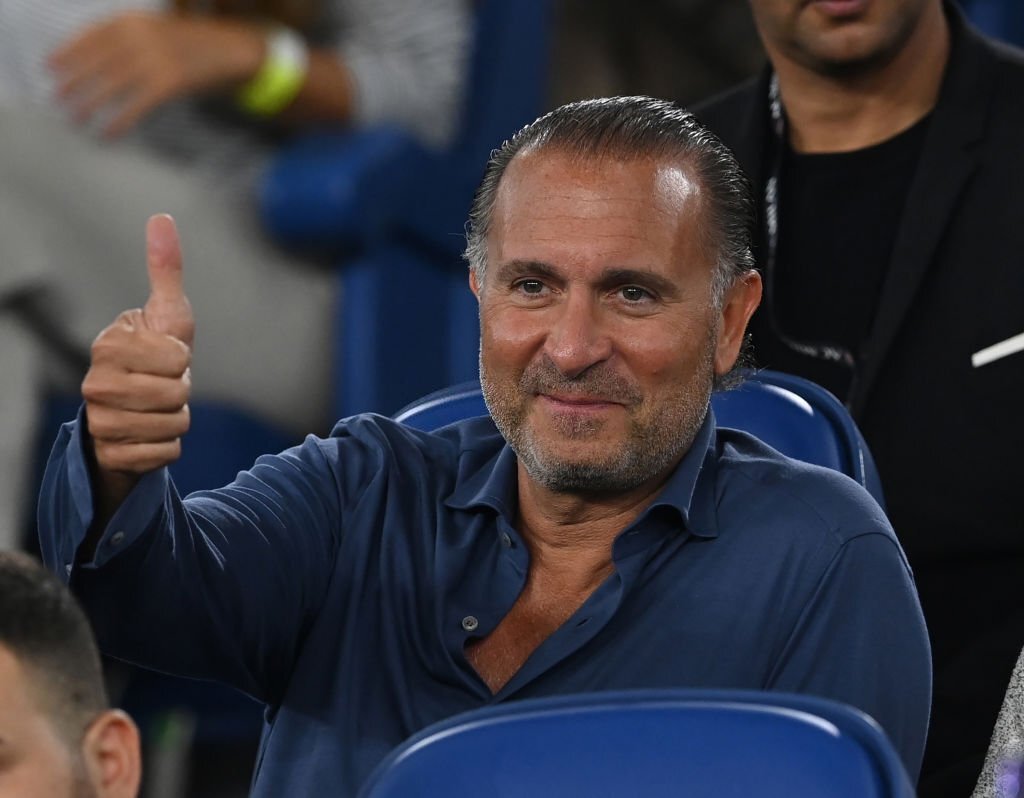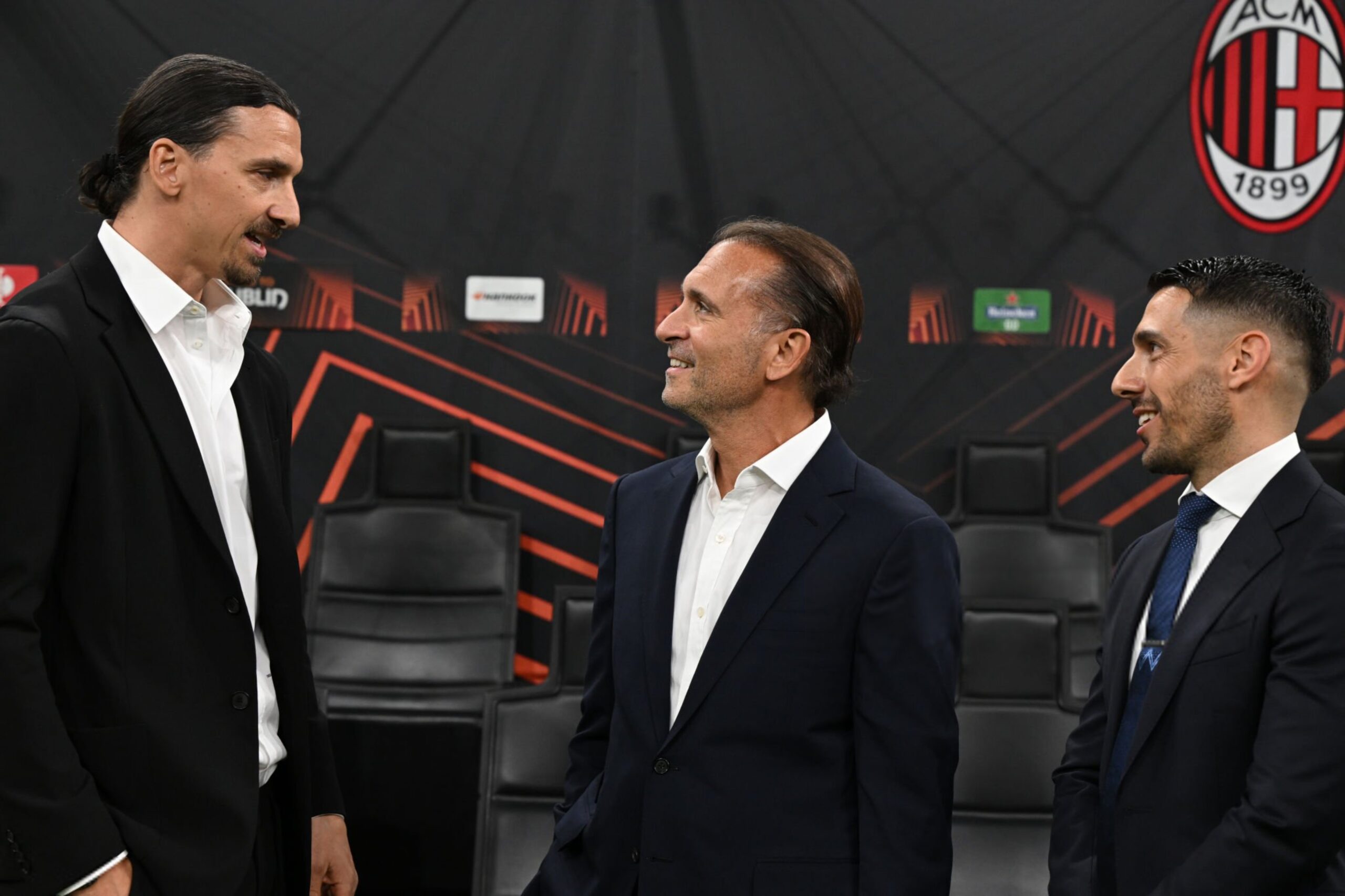Gerry Cardinale is increasingly on the hunt for investors to maintain control of Milan, which is tied to the challenging realization of the new stadium in San Donato. In August 2022, his investment management company, RedBird, took control of the club from the Elliott fund, owned by the Singer family, who lent him just under half of the €1.2 billion valuation: €560 million through a three-year vendor loan. However, just over two years later, while celebrations take place at Portello for the second consecutive budget surplus (€4.1 million for 2023-24, after €6.1 million the previous year), there is urgency in the U.S. to find new partners.
It’s no longer just about the need to repay the debt to Elliott in 11 months, which by the August deadline will reach €693 million (57.7% of Milan’s current value) and has already risen with 8% interest to €634.3 million, as confirmed by ACM Bidco’s 2024 financial statement, Milan’s controlling company, filed in Amsterdam on September 30.
Now, Cardinale’s new urgency seems to be to bolster his own capital by selling “at the base cost price,” meaning without profit, “up to €150 million of the initial €681 million investment,” given the company’s need to reduce the size of the investment to rebalance the portfolio.

This specific wording is found in a document in which Washington Harbour, an investment and financial consulting firm, presents to potential investors, on behalf of RedBird, the purchase of a stake equivalent to 22% of the capital that Cardinale allegedly raised and invested in Milan 25 months ago.
The dossier has been circulating in international financial circles since last May, and Repubblica has been able to review it. Washington Harbour explains that it has been mandated by RedBird to rebalance the exposure of the New York entertainment manager. Despite recent statements reported by the Financial Times about "enormously inflated valuations of football teams, based on simplistic notions regarding the future growth of the sector," before the summer, he commissioned the dossier that defines the purchase of nearly a quarter of RedBird's investment in Milan as “a special opportunity.” To entice buyers, the conditions are very favourable, “despite the significant outperformance” of the financial results for 2022-23.
The key element is the future stadium, with projected revenues of a whopping 211 million euros per year. The expenditure amounts to one billion euros, partly financed with €900 million in debt, for a facility with over 70,000 seats, including more than 13,000 premium (clubs, boxes, skyboxes), along with the club's headquarters, store, museum, hotel, restaurants and bars, and retail sales. The start of construction is slated for October 2025, with completion in 2029. However, the reality is unclear, given the retreat towards cohabitation with Inter to share costs, and the revival of the San Siro area with the partial demolition of the current Meazza.
To entice potential partners, a lucrative exit profit is anticipated: those investing the aforementioned €150 million could exit in 2027, reselling their shares for as much as €390 million, 2.6 times more. There are three different scenarios, also linked to the so-called sporting assumptions—minimum forecasts based on the team's performance that raise eyebrows among fans: consistently finishing third in the league and a typical run in the Champions League (no further than the playoffs in 2024-25, and the round of 16 in 2025-26 and 2026-27). The dossier also envisions exotic partners on the horizon: “Based on our discussions with RedBird, we believe that it will likely sell a minority stake in 2027 to a sovereign fund or a billionaire family to provide liquidity to investors wishing to sell before the completion of the new stadium in 2029.”
The stadium deal is also crucial for the current management of the club. A specific table, vague about any potential refinancing for RedBird (noting that the weight of Elliott's vendor loan will reach up to €766 million), introduces MIP, which stands for Management Incentive Plans, incentives for managers. Those mentioned in the dossier set the compensation for the current Milan management at €569 million in the best possible development scenario and €358 million in the base scenario. The most pessimistic hypothesis does not foresee additional earnings for the executives. The first two scenarios assume the stadium is built, while the third posits the project’s failure. For Cardinale, CEO Furlani, and President Scaroni, this adds significant motivation to see the operation through.
Source: La Repubblica
















